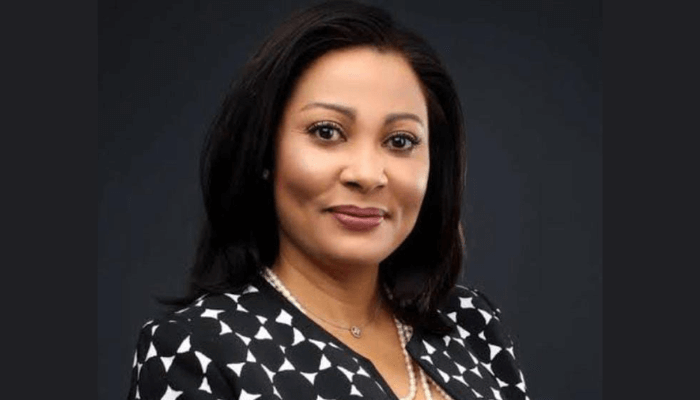Washington, DC|| Foreign investors at the ongoing World Bank/IMF Annual Meetings in Washington, D.C. have expressed strong confidence in Nigeria, citing the country’s improving macroeconomic stability and renewed growth momentum.
Doris Nkiruka Uzoka-Anite, Nigeria’s Minister of State for Finance, disclosed this to journalists on the sidelines of the meetings, noting that investor interest in the country’s economy has been significantly revived by ongoing reforms and policy clarity.
“At the investor conference yesterday, there was strong interest in Nigeria. Many investors were asking when Nigeria would return to the Eurobond market. Such interest shows confidence, when investors buy your bonds, it’s a vote of trust in your economy,” Uzoka-Anite said.
According to her, capital is naturally cautious and avoids uncertainty, insecurity, and instability. However, with Nigeria’s macroeconomic environment now stabilising and growth becoming more robust, investors are regaining confidence.
She explained that one major advantage for investors today is the freedom to bring in funds and repatriate them at any time without foreign exchange restrictions. “That freedom boosts investor confidence significantly,” she said.
Uzoka-Anite also disclosed that foreign direct investment inflows are beginning to rise again, with global corporations and diaspora investors showing renewed interest in the Nigerian economy. “For instance, Shell recently announced a two billion dollar expansion in oil exploration. There’s also rising enthusiasm from the diaspora community and other international investors. All these are positive indicators for our economy,” she stated.
Read also: Nigeria targets $5trn in investments from World Investment Summit next year
She described Nigeria’s engagement at the annual meetings as “very exciting and impactful,” explaining that the delegation had held strategic discussions with multilateral financial institutions and regional development banks. These engagements, she said, provided an opportunity to share the Nigerian success story and highlight the country’s progress in implementing far-reaching reforms.
“Everyone is genuinely excited about the bold reforms we have implemented and the macroeconomic stability that has followed,” Uzoka-Anite said. “To many observers here, it seems almost like a miracle that Nigeria could undertake multiple bold reforms, not just one within two years and begin to witness growth. Both the IMF and the World Bank have commended Nigeria for this achievement. For us, this is a testament to the visionary leadership of President Bola Ahmed Tinubu, who has steered the country through tough waters and positioned us to see a clearer path ahead.”
Responding to questions on how the government plans to ensure that the benefits of the reforms reach ordinary Nigerians, the Minister of State for Finance said social protection remains one of the core pillars of President Tinubu’s Renewed Hope Agenda. She emphasised that government policies are focused on fostering inclusive growth, promoting job creation, and ensuring shared prosperity.
She noted that these efforts are already yielding results, reflected in stronger GDP performance. “Our GDP has grown by 4.23 percent for the first time, faster than the population growth rate. Previously, population growth had always outpaced economic growth. Now, there is renewed hope that a child born today will grow up in an economy capable of providing for their needs through investments in social protection, healthcare, education, and food systems,” Uzoka-Anite said.
The Minister further pointed out that the economy is witnessing positive trends in inflation and exchange rate stability. “For the first time in over five years, inflation has fallen below 20 percent. That’s significant, it means food and other essentials are becoming cheaper. Price moderation is being helped by greater clarity and stability in the foreign exchange market. With the naira appreciating and confidence returning, manufacturers and traders are pricing their goods more realistically, which is reflected in declining inflation,” she added.
Uzoka-Anite disclosed that Nigeria’s foreign exchange reserves have also grown to over 42 billion dollars, a level not seen in many years. Importantly, she emphasised that this reserve growth is not driven by borrowed funds. “There are no debt obligations tied to it. It’s a strong, stable position for the economy,” she said.
According to her, all of these developments translate into better living conditions for Nigerians, as the reforms continue to take firm root and their impact begins to manifest across key sectors. “In the short term, this will mean more job creation, greater access to capital, increased private investment, and improved social spending. The cost of doing business is expected to fall, and as confidence continues to rise, the Central Bank’s decision to start reducing the Monetary Policy Rate is another positive signal. Everything is moving in the right direction,” Uzoka-Anite said.

